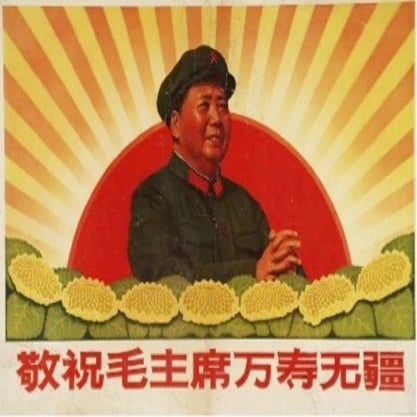Article
Zhu, Tianwen (1956– ) By Tsai, Chien-hsin
Article
In Taiwan, the Zhu family is like the Brontës of England, known for their literary achievements. Zhu Tianyi, youngest of the three, is a fluent essayist. Zhu Tianxin, the second daughter, has been publishing essays and stories since high school. In her novella The Old Capital—echoing a novel of the same name by the Japanese Nobel laureate Kawabata Yasunari—a second-person narration of Taiwan’s colonial past and present unfolds. The most outspoken of the sisters, Zhu Tianxin never hesitates to confront political authority in her stories.
In contrast, Zhu Tianwen’s gestures are ever so gentle, and her expression lyrical. She is not a prolific fiction writer. To date, she has published only two full-length novels and a small number of short narratives. Yet their stylistic exuberance and expressive intelligence more than make up for her modest output.
Taiwanese by birth, Zhu Tianwen shows a strong sense of attachment to her spiritual homeland, China, especially in her writings before the 1980s. The influence comes from two men: her father, Zhu Xining, and Hu Lancheng. The two Chinese men were both forced by political circumstances to leave China. They became close friends and neighbors in 1976.

